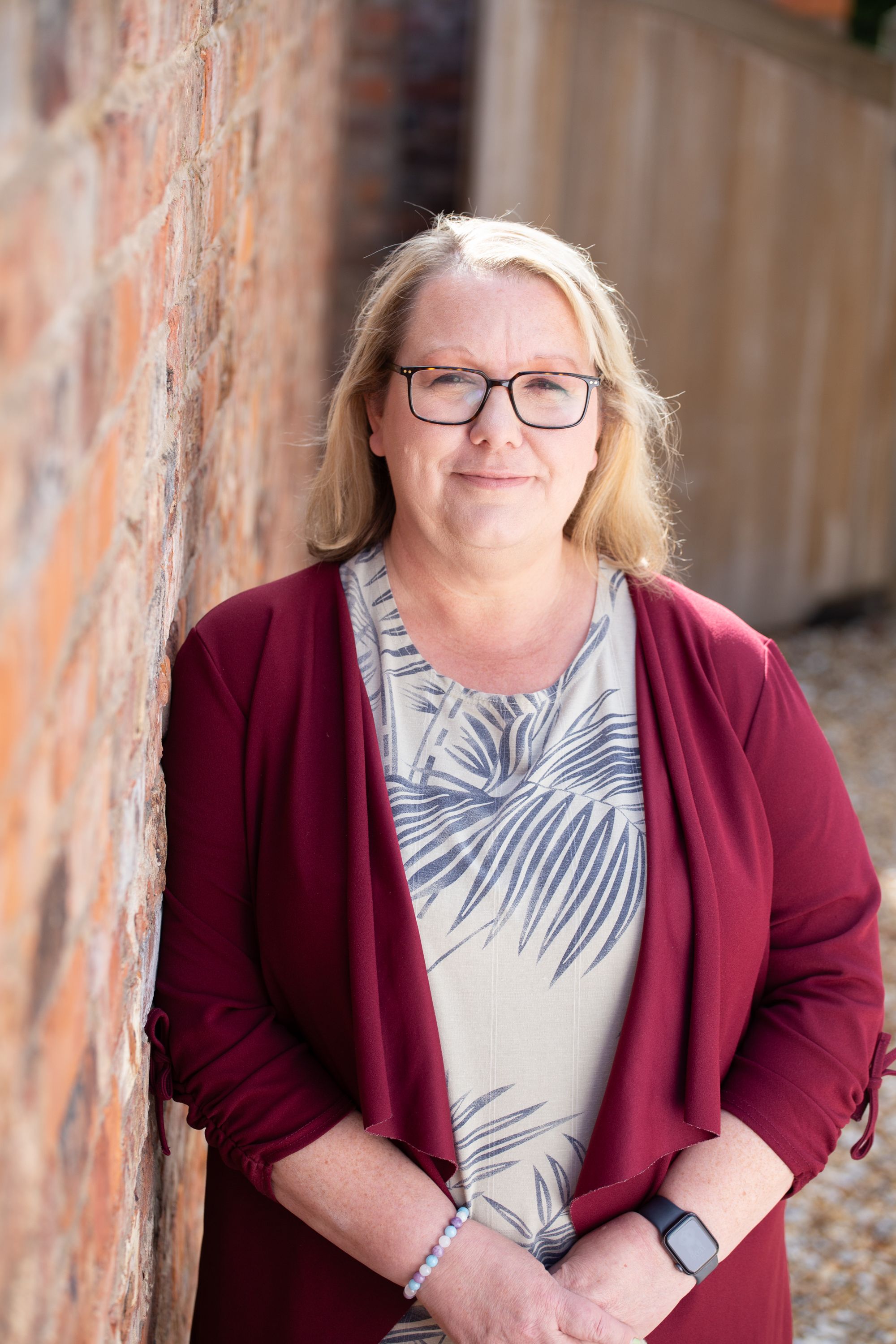
Amanda Coleman
Consultant
,
Amanda Coleman Communications
Amanda is a crisis communications consultant and runs her own consultancy having spent many years working in the emergency services, notably Greater Manchester Police and was involved in the response to the Manchester Arena bombing. She is the author of Crisis Communication Strategies.
Sessions
-
Communicating resilience – building trust through preparedness18-Sep-2025Protecting the Protectors Stage Sponsored by Texport
-
Building resilience – strategy, capacity and capability18-Sep-2025Protecting the Protectors Stage Sponsored by Texport
)
)
)
